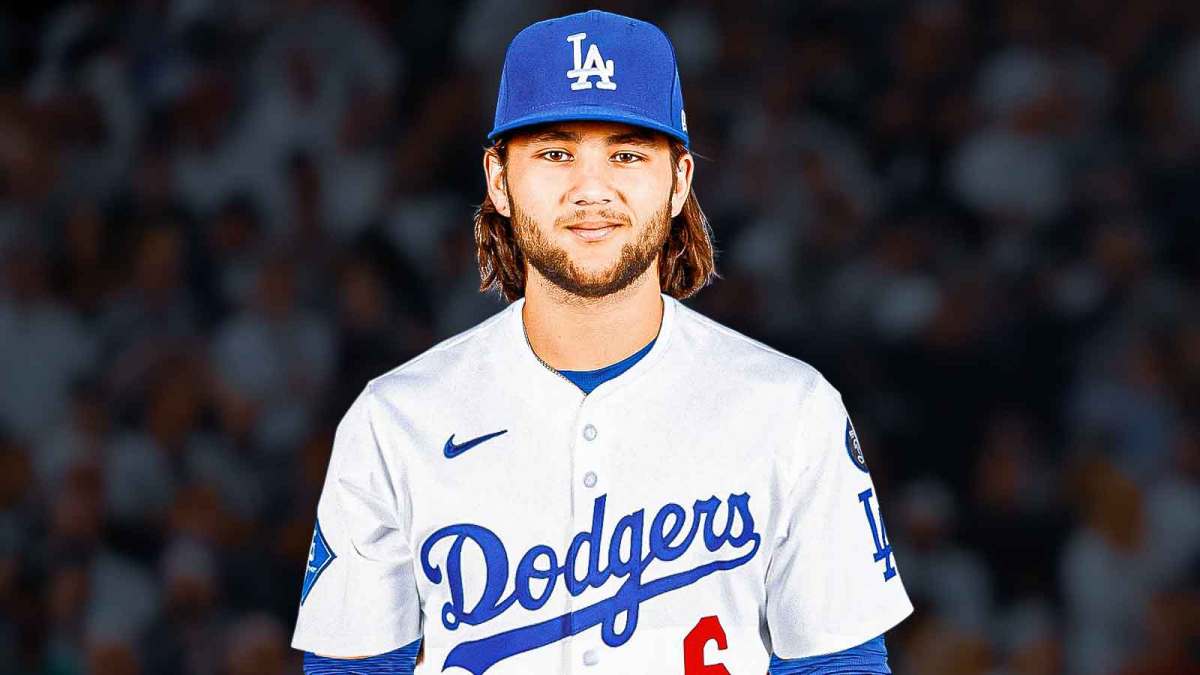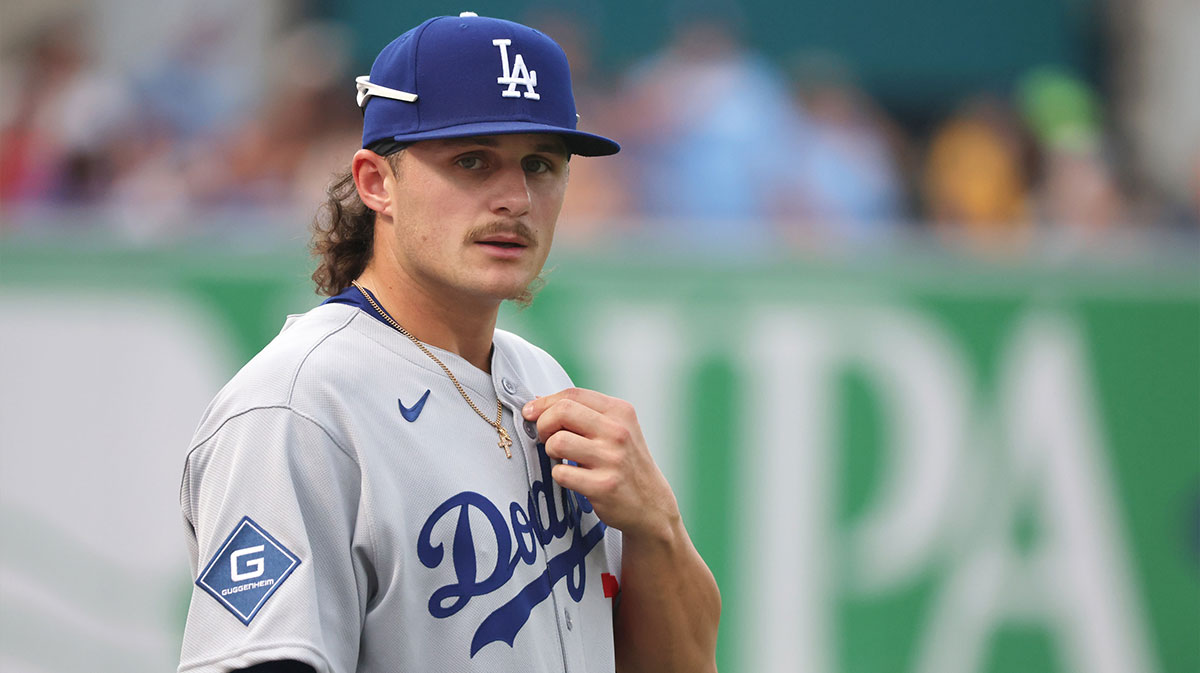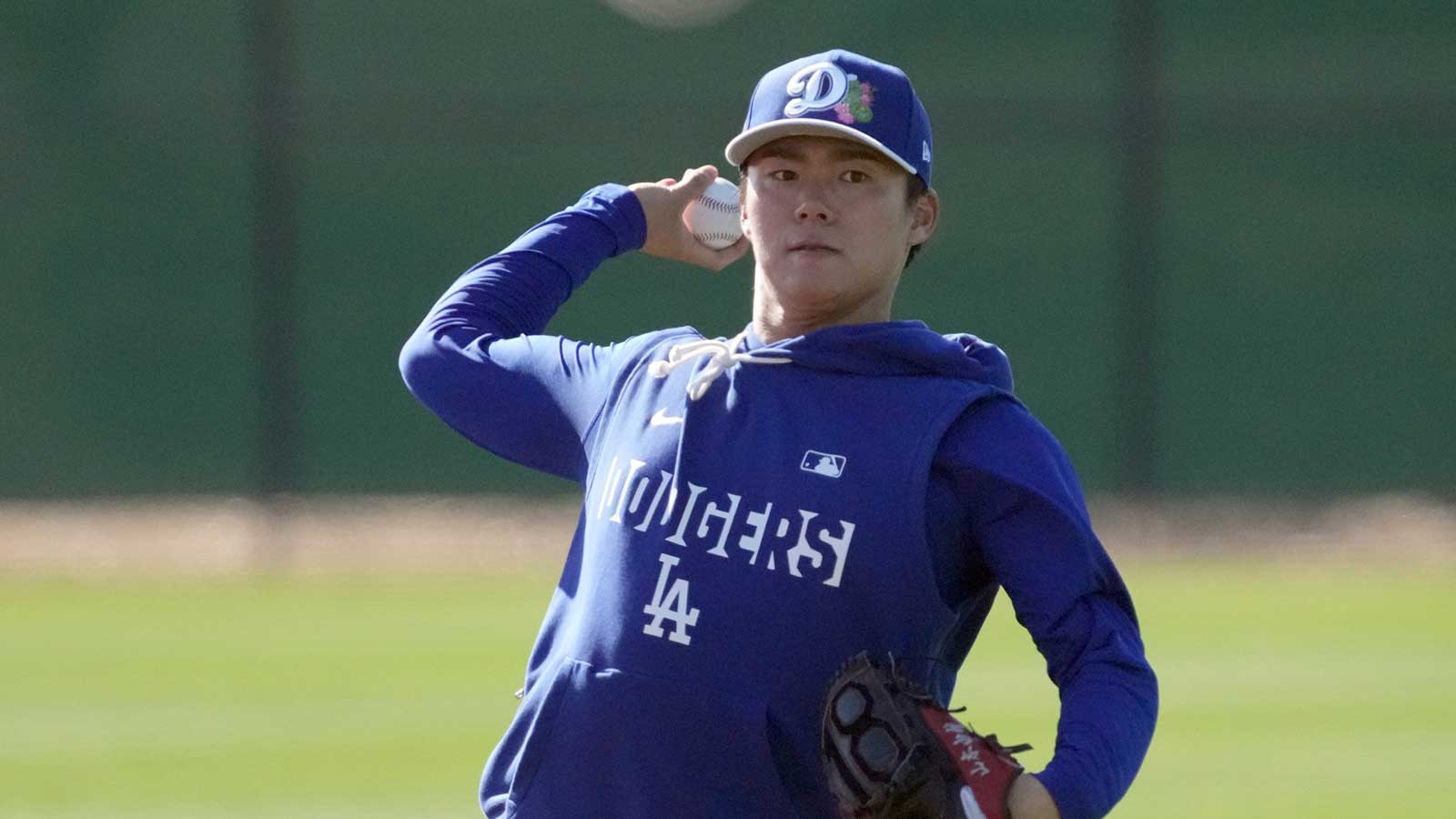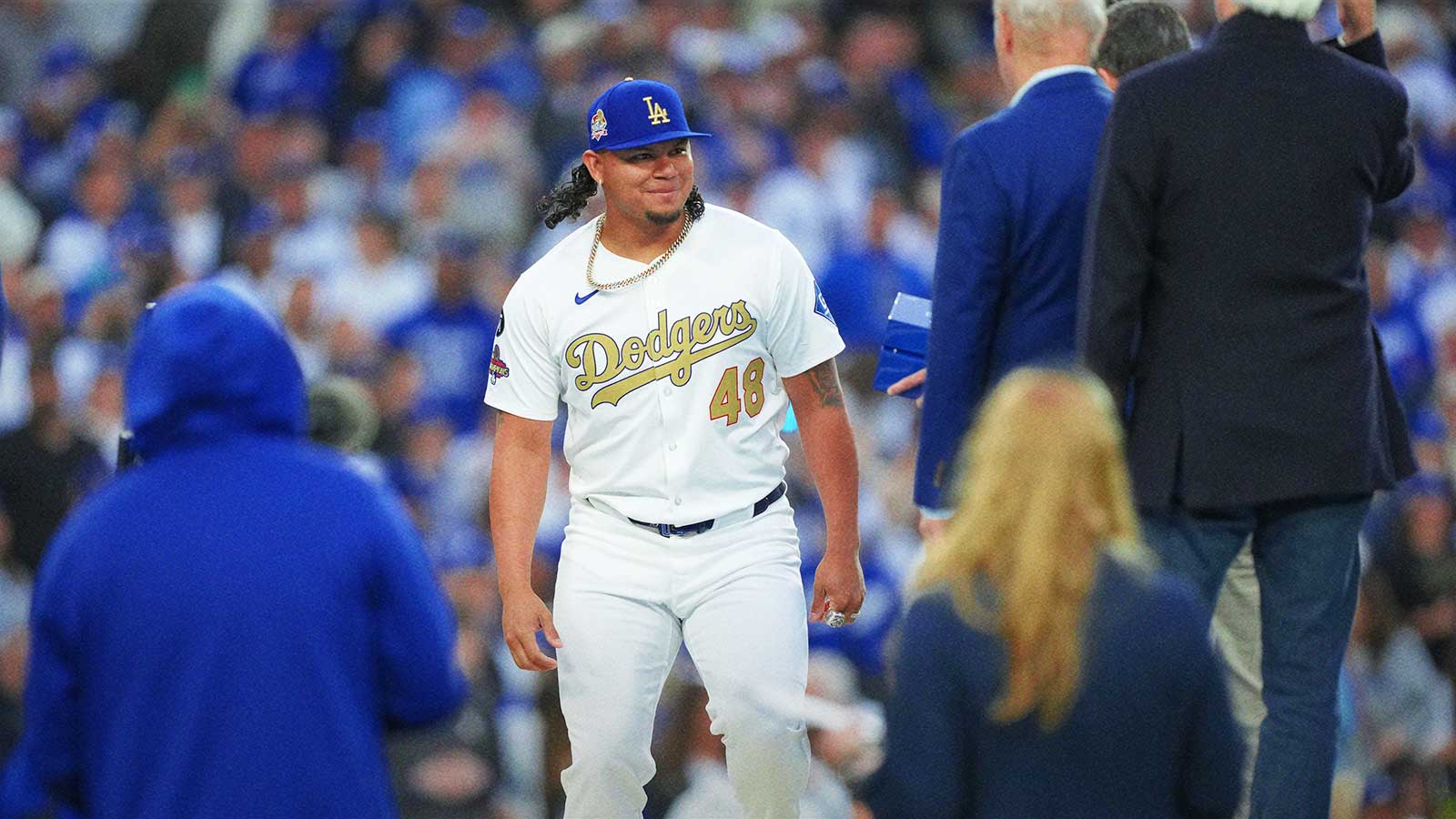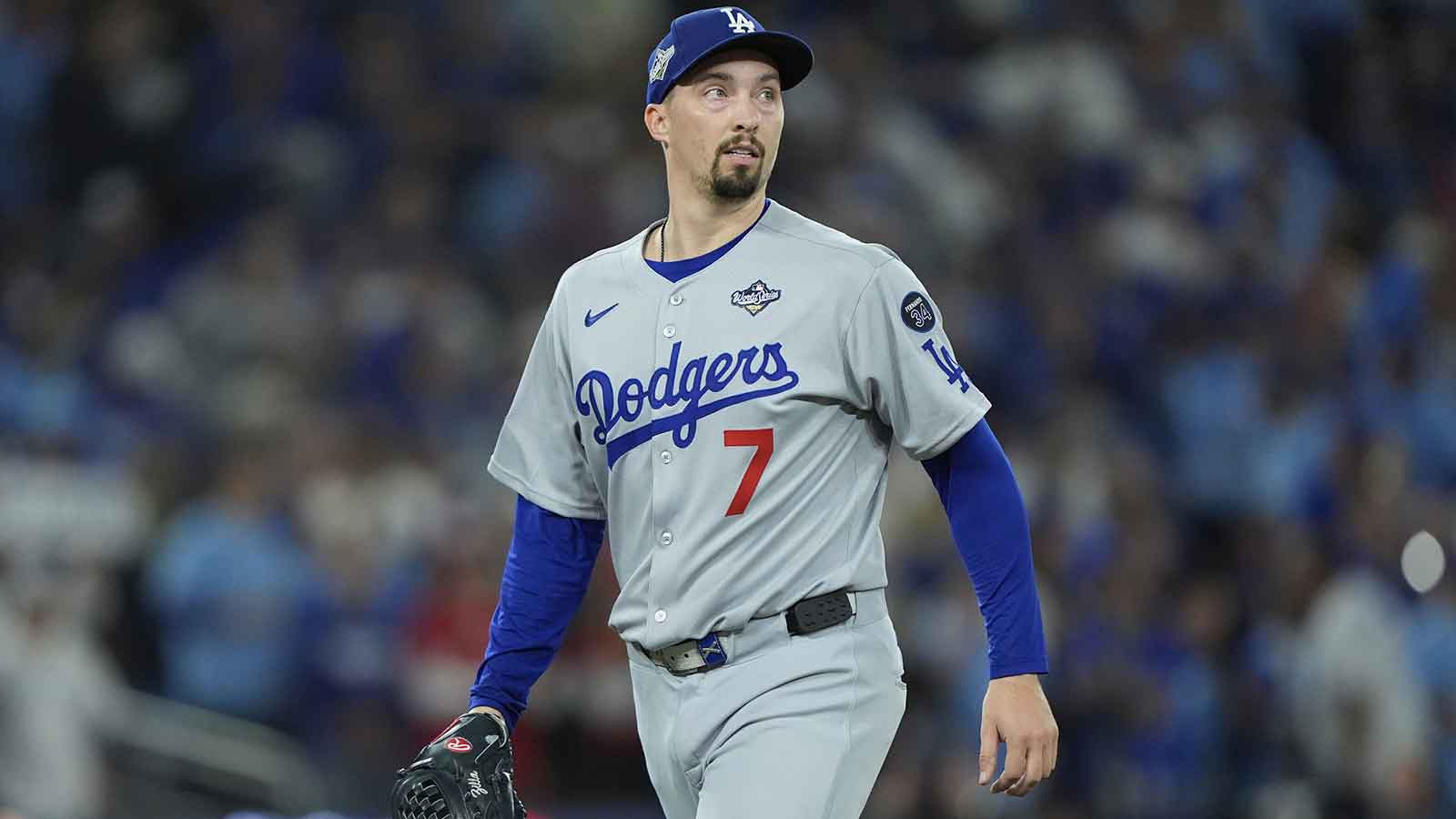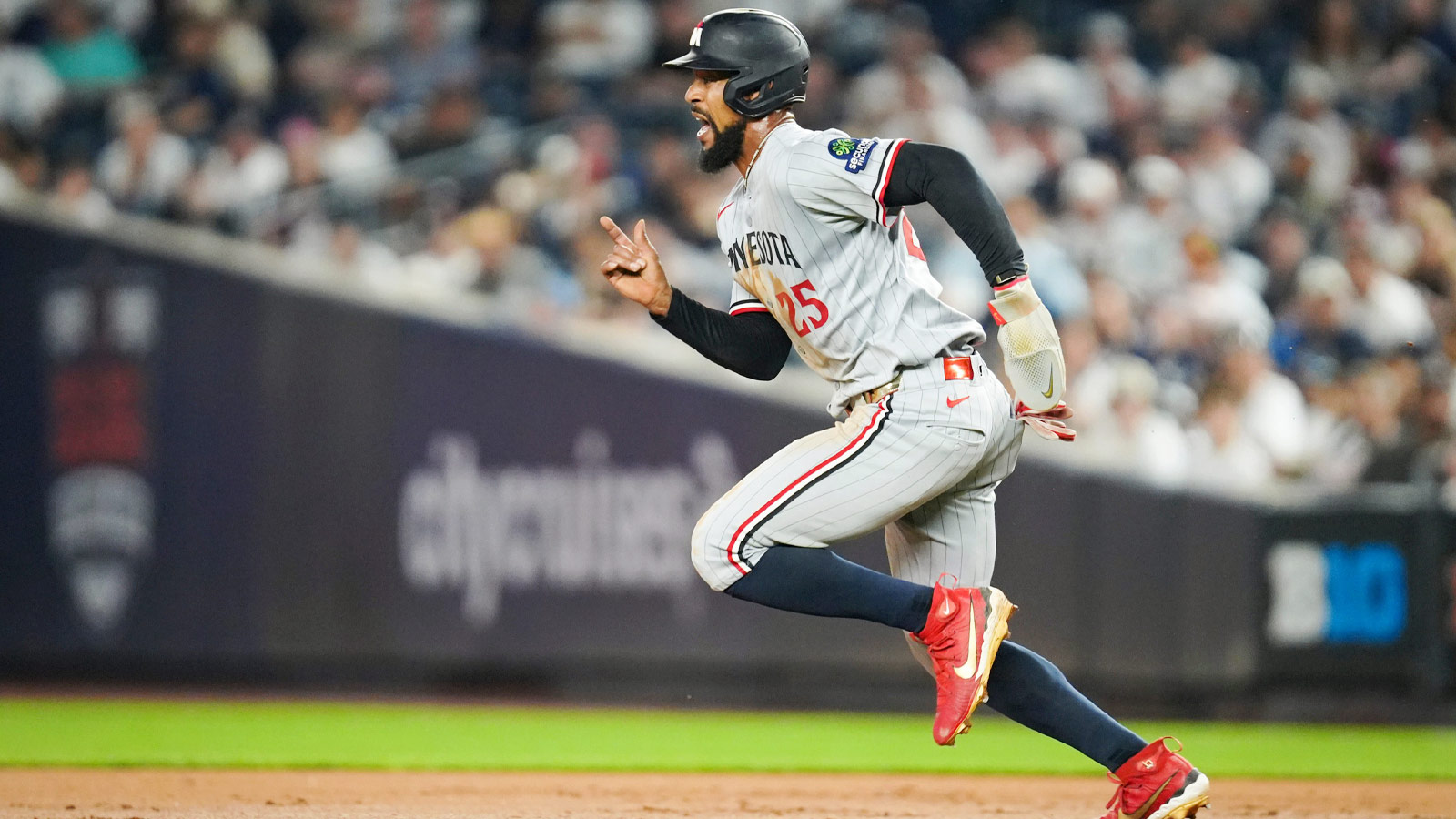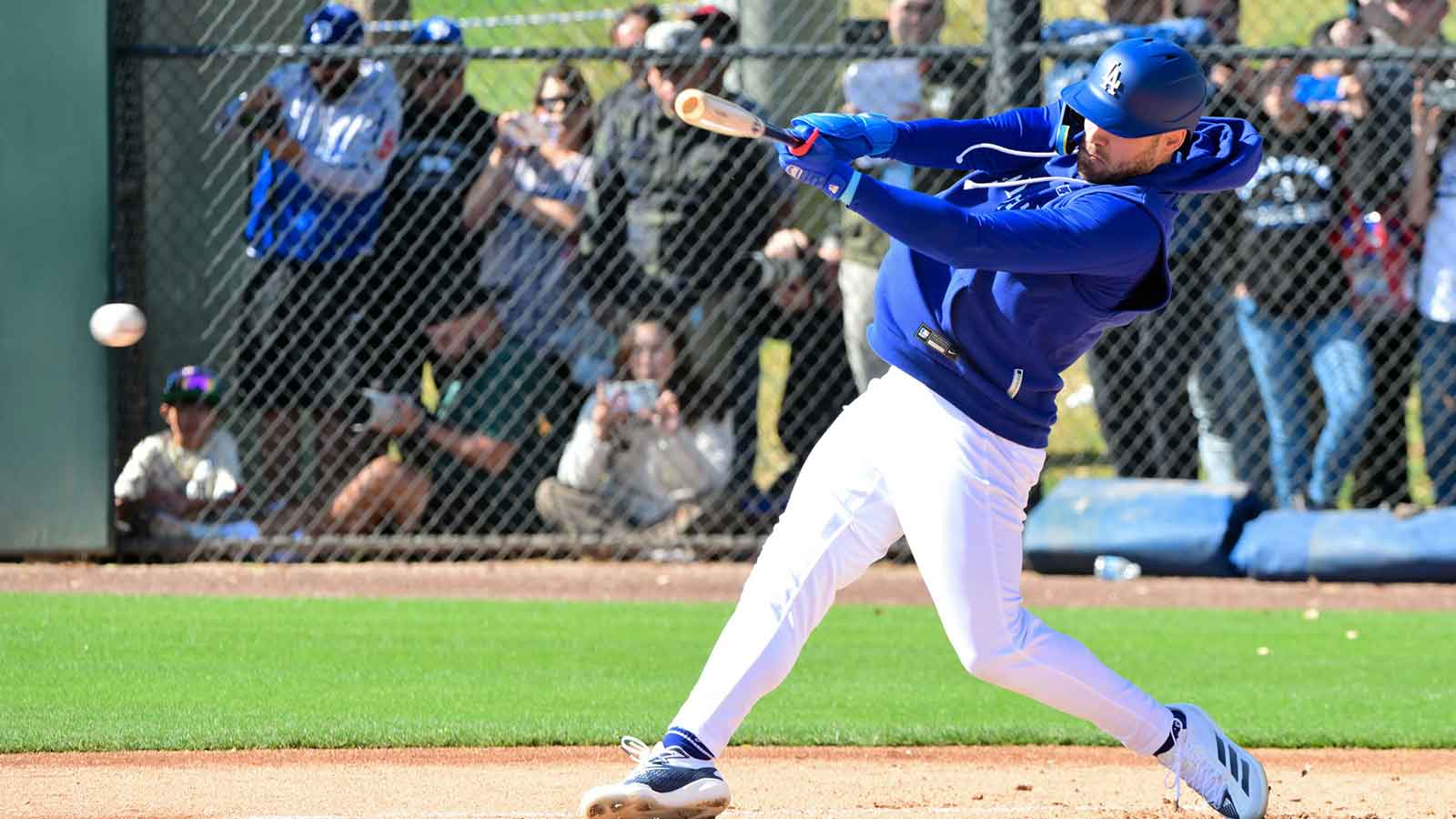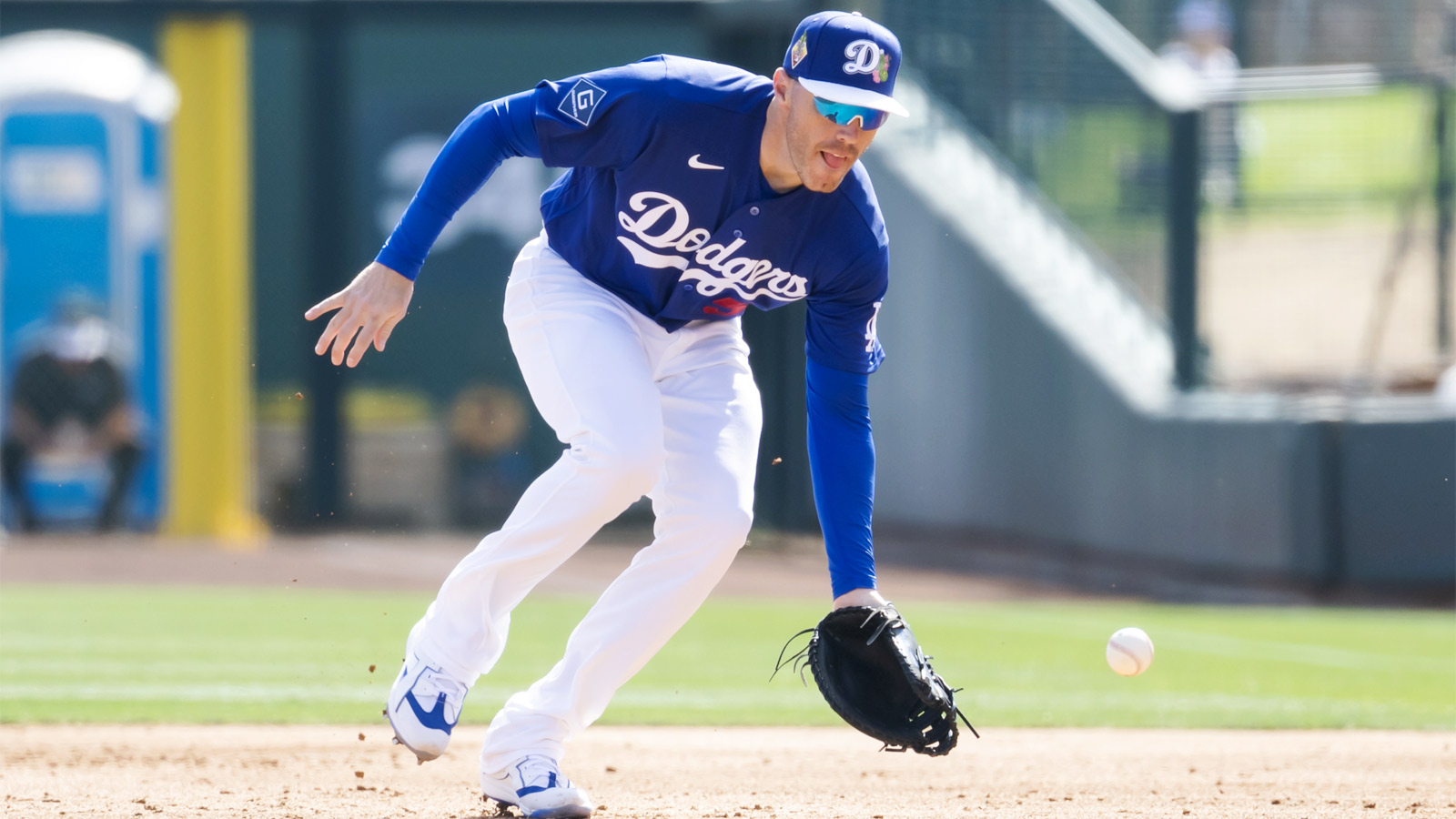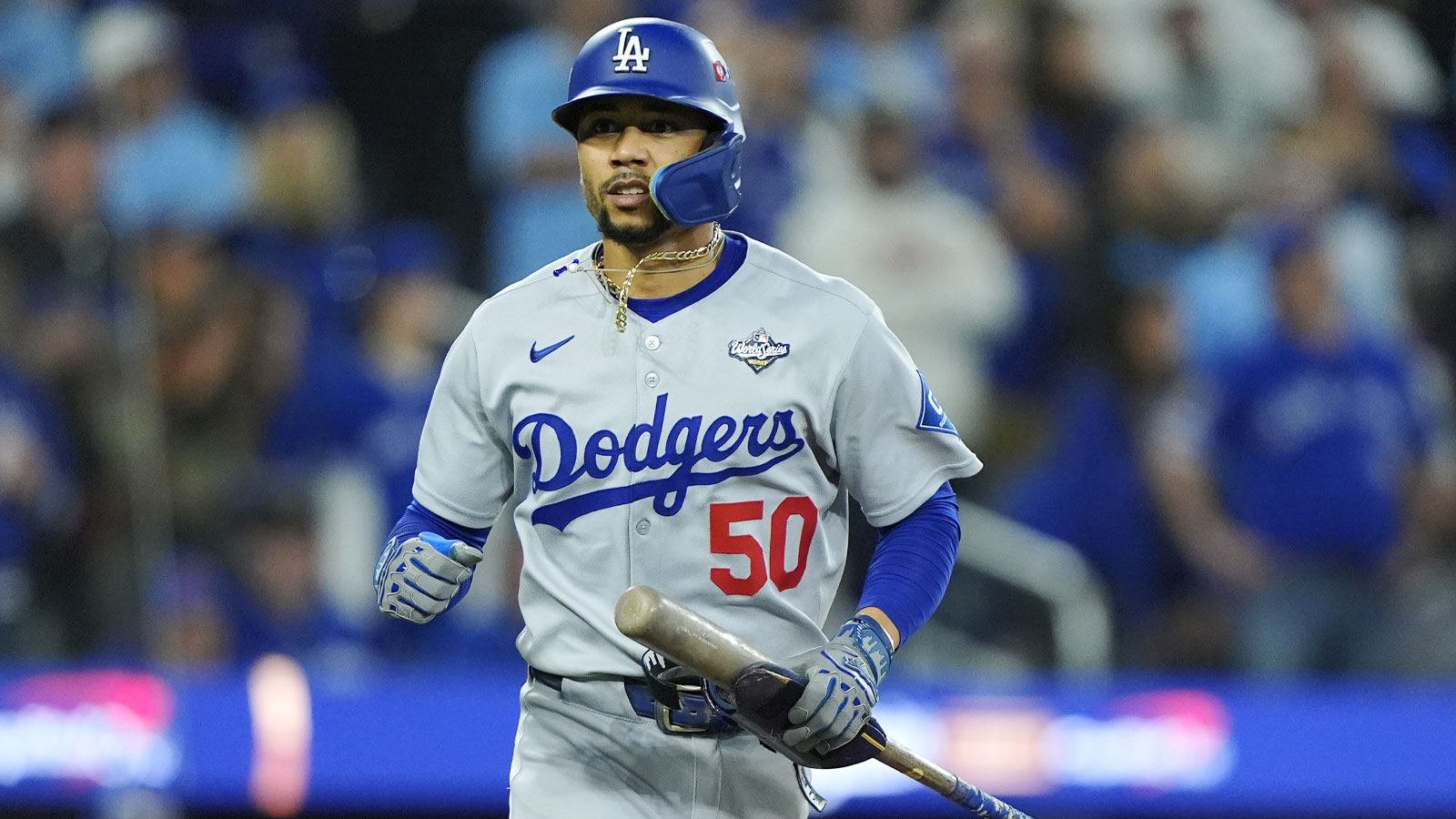The Los Angeles Dodgers just captured their second consecutive World Series championship, but their 2026 roster still has an unmistakable weakness at the shortstop position. With Miguel Rojas aging and the team's recent success providing an unprecedented level of spending flexibility, the opportunity to acquire franchise shortstop Bo Bichette represents an almost irresistible chance for the organization. The 27-year-old Blue Jays star is entering free agency and has attracted legitimate interest from multiple franchises, but if the Dodgers craft the right contract structure, they can position themselves as the most attractive option.
The Case for Bo Bichette in Blue
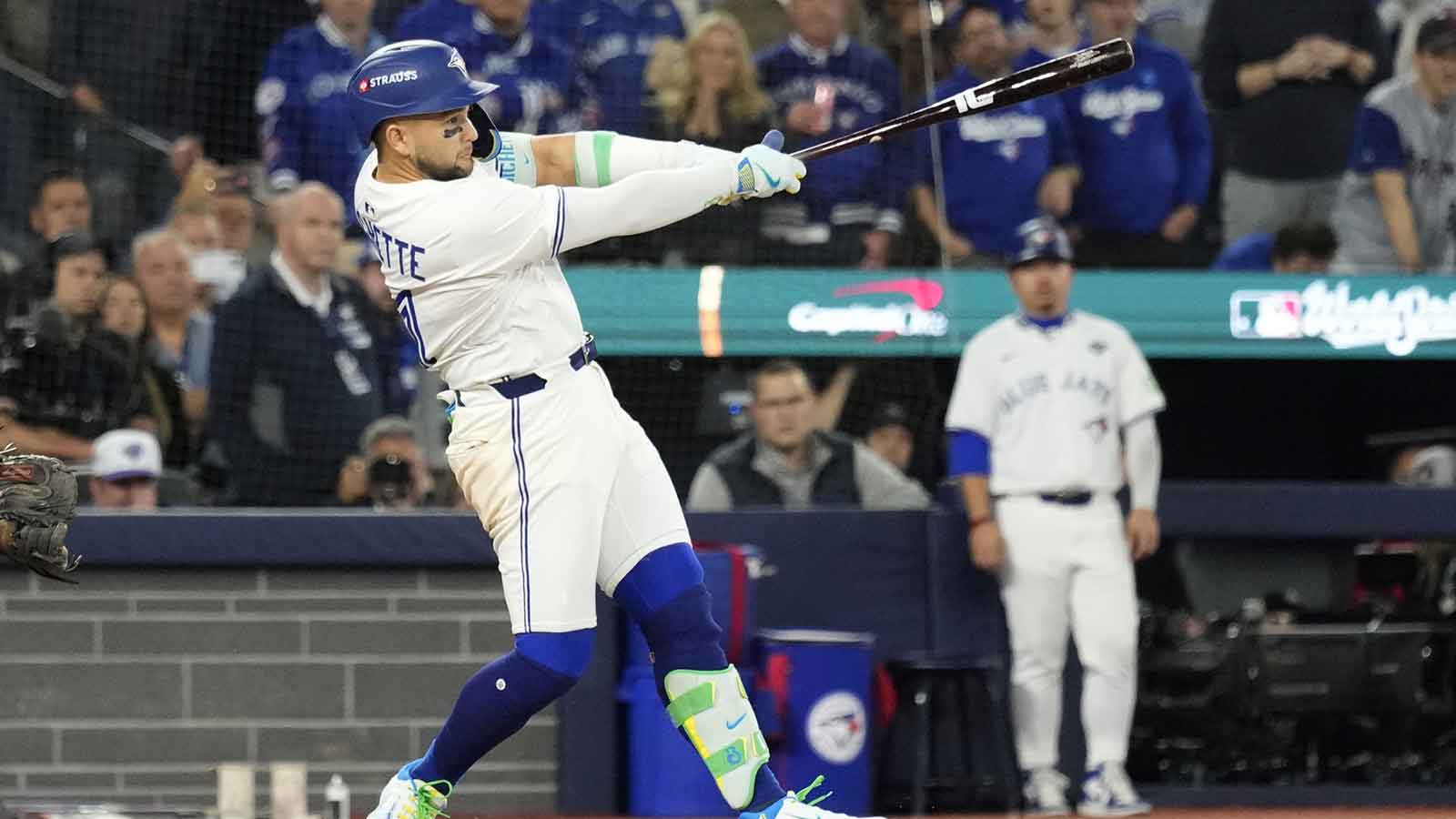
Bo Bichette isn't just any free agent—he's one of the most gifted hitting shortstops in modern baseball and a player who demonstrated his mettle by batting .348 in the World Series despite battling a knee injury. Over the 2025 regular season, the homegrown Blue Jay slashed .311/.357/.483 with 18 home runs and 94 RBIs across 139 games, leading the American League in hits yet again. For a Dodgers organization that has built its recent success on elite hitting and offensive production, Bichette represents the exact caliber of talent that separates championship rosters from pretenders.
The Dodgers' World Series victory came despite significant offensive holes that were exposed throughout the postseason. Adding Bichette to an already formidable lineup would create one of the most offensively dominant middle infields in baseball history. The combination of Bichette at shortstop alongside existing talent would give Los Angeles an enormous advantage in run production, particularly in high-leverage playoff situations where his demonstrated poise and clutch hitting have already proven invaluable.
The Contract Structure: $200 Million Over Eight Years
To successfully pry Bo Bichette away from Toronto, the Dodgers need to offer a contract that balances financial significance with creative structuring. The ideal offer should be eight years and $200 million, with a starting annual average value of $25 million. This represents a substantial commitment, but given Bichette's age and elite production level, it positions Los Angeles as an aggressive suitor without overcommitting to an unrealistic timeframe.
What are the odds the Dodgers “Ruin Baseball” again and sign Bo Bichette and trade for a corner outfielder from the Red Sox, Guardians, or Cardinals? pic.twitter.com/LgpwRwRUuJ
— ∞ The Infinite Dodger ∞ (@InfiniteDodger) November 10, 2025
The contract framework should include an opt-out clause after year four, allowing Bichette to reassess his market value if his performance remains elite. This structure protects the player while demonstrating the Dodgers' confidence in their ability to keep him satisfied long-term. Additionally, front-loading the deal with incentives during the first five years would maximize Bichette's earning potential during his prime years, when he can best impact the franchise's championship window.
Strategic Components That Make It Work
The Dodgers should incorporate a robust no-trade clause and a limited full no-trade clause for years five through eight. This demonstrates genuine commitment and addresses one of the primary concerns any free agent has—job security and organization stability. Given the Dodgers' recent championship success and their clear organizational direction, this provision addresses Bichette's stated desire to remain in a winning environment.
The contract should also include performance bonuses tied to All-Star selections and Gold Glove nominations, though Bichette's defensive metrics suggest those bonuses may rarely trigger. More importantly, the Dodgers should emphasize their organizational stability, recent championship pedigree, and the cultural fit within a franchise that develops elite talent. Los Angeles has proven it can construct winning rosters and retain star players, a selling point that directly counters Toronto's limited financial flexibility.
From Bichette's perspective, this contract offers security, fair compensation, and a chance to play for a perennial championship contender with unlimited financial resources. The opt-out clause provides leverage if his production remains elite, while the no-trade clause ensures he maintains control of his career trajectory. Meanwhile, from the Dodgers' standpoint, eight years represents a manageable commitment to a player entering his prime, with the flexibility to pivot if circumstances dramatically change.
The Blue Jays will struggle to match this offer while also managing their existing payroll commitments. Though Toronto may extend a similar financial offer, the Dodgers' recent championship success, consistent organizational resources, and ability to construct elite rosters around star talent make Los Angeles inherently more attractive. The organization's track record of maximizing player performance in championship-caliber environments speaks volumes.
For the Dodgers, acquiring Bo Bichette at $200 million over eight years isn't a luxury—it's a necessity. The franchise has proven it can win at the highest level, and adding elite talent during championship windows remains the most effective strategy for sustained success. Bichette represents exactly the caliber of player who separates champions from near-misses, and Los Angeles has both the financial flexibility and organizational credibility to make this deal happen. If the Dodgers move decisively with a creatively structured $200 million offer, keeping Bo Bichette in the American League West becomes far too complicated for Toronto to match.

